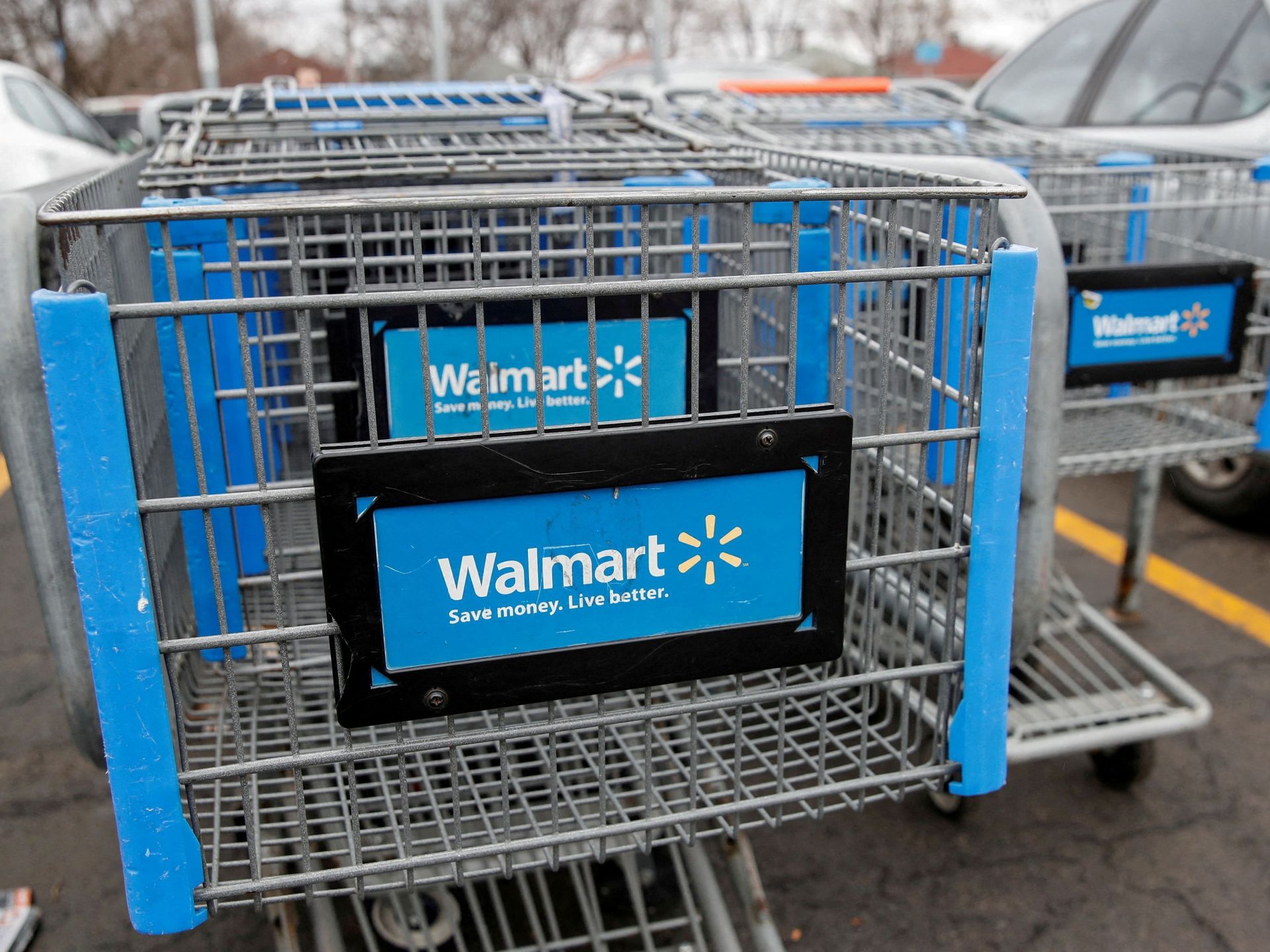Walmart, the world’s leading retailer, has indicated that consumers in the United States can expect price increases in the coming weeks, a reflection of the ongoing impact of tariffs. This announcement serves as a significant indicator of the health of the U.S. consumer market, illustrating how current trade dynamics are influencing the retail landscape.
The retail giant’s executives conveyed this message during a recent earnings call, demonstrating Walmart’s commitment to transparency in the face of economic challenges. Notably, the company has built a reputation for its ability to manage costs effectively, ensuring low prices for its extensive customer base. However, as tariff costs escalate, the pressure to adjust pricing strategies becomes apparent.
Despite reporting an impressive 2.5 percent increase in net sales, totaling 5.6 billion, and an anticipated first quarter performance that exceeded expectations, Walmart’s shares fell by 2.3 percent in morning trading amidst concerns over future profit forecasts. The latest financial results showcased a 4.5 percent rise in comparable store sales, with quarterly adjusted profits reaching 61 cents per share, surpassing analyst predictions of 58 cents.
The implications of the trade war are being felt across various sectors. As U.S. consumers adjust their purchasing behaviors to cope with higher prices—from essentials to groceries—many companies, including Walmart, have had to reassess their full-year sales expectations. With approximately 255 million shoppers visiting Walmart stores and online platforms weekly, the retailer’s decisions carry significant weight on the consumer landscape across the nation.
According to Walmart’s Chief Financial Officer, John David Rainey, consumers are likely to see price increases starting late May, compelling the retailer to reconsider its order placements amid concerns about price flexibility. As the largest importer of container goods in the U.S., Walmart is particularly vulnerable to fluctuations in tariff rates. Although there have been recent negotiations that have lowered these rates, Walmart executives emphasize that the current levels remain burdensome.
Other retailers are also poised to raise prices; for example, German sandal manufacturer Birkenstock has announced a global price increase due to U.S. tariff impacts on goods sourced from the European Union.
Walmart executives, including CEO Doug McMillon, acknowledge the challenges in absorbing these additional costs due to tight margins while maintaining their commitment to prevent substantial price hikes on essential goods. Additionally, the company is actively exploring alternatives to mitigate tariff impacts, such as sourcing components that are not subject to these import duties.
Despite the obstacles presented by tariffs and consumer sentiment that has shown signs of caution, with gross domestic product contracting for the first time in three years, Walmart is strategically navigating this fluid economic environment. As the company refrains from providing specific forecasts for upcoming quarters, it remains focused on ensuring that consumers have access to affordable prices, showcasing resilience in the face of challenging market dynamics.
#BusinessNews #MiddleEastNews

